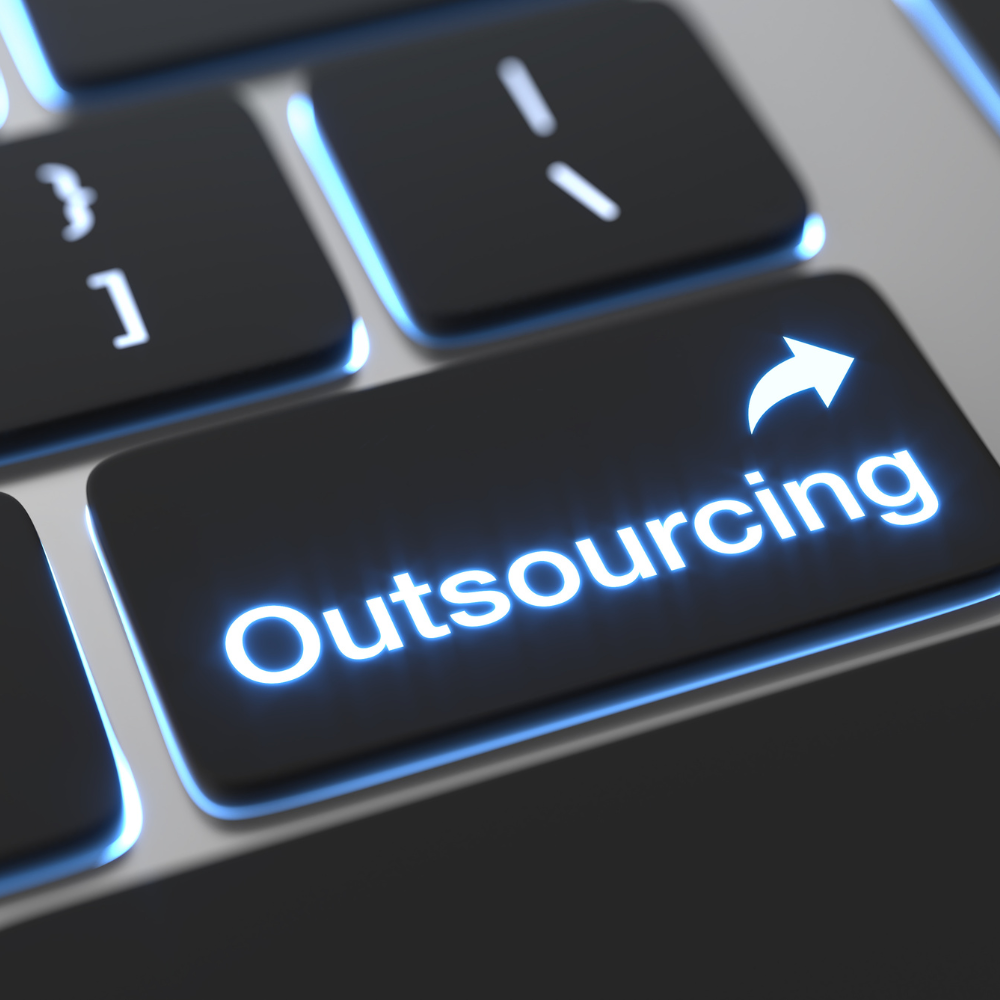Medical Billing Outsourcing: Current Trends and Future Predictions

The healthcare market is considered the most dynamic sector, and it must also adhere to some stringent guidelines to remain competitive. Physicians and healthcare providers who want to enhance their reimbursement process must walk with the trend to stay in a favorable situation. Even today, when the digital landscape changes, various medical facilities need help to encounter the complexities and challenges of medical billing and coding.
Medical billing outsourcing- The benefit for healthcare providers
The stringent rules and complexities of healthcare providers in many countries to raise the digital record-keeping are expected to upkeep the business.
During the estimated timeline, the sector would benefit from the sudden shift and ambiguity of the legislation and regulatory framework being proclaimed. The scope of medical billing outsourcing is interesting as the healthcare industry is rising and focuses on earning profit and revenue. However, the high risk of data breaches may stumble the industry’s growth in the coming years.
In several countries, governments have increased spending on healthcare infrastructure. This will be a crucial driver of boosting the medical billing outsourcing business. The pressure on healthcare infrastructure due to rising illnesses and pandemics has encouraged various countries to invest in healthcare infrastructure. This will further raise the development call for medical billing outsourcing.
Trends to be followed by medical billing outsourcing companies
Previous years have accelerated the industry’s digital transformation, combined technological improvements, and initiated paradigm shifts.
The following are some of the key trends in medical billing integrated by medical billing outsourcing companies:
- Digital claim submission and electronic processing
Medical facilities and physicians can quickly identify loopholes by collaborating electronic claims into their workflow. The entire process, from original writing to tracking claim status and collecting reimbursement, could be improved and made more error-proof if medical billing software was at the placed.
- Incorporation of electronic health records in medical billing
The US government has put more pressure on the healthcare industry over the past ten years to embrace electronic health records (EHR). Integrating electronic health records (EHRs) into the billing workflow may be helpful in a number of ways as medical billing systems grow increasingly automated.
First, the quantity of patient data in the system will drastically cut down on the time doctors must spend on this task. Second, by making it simpler to obtain medical records, EHRs will streamline the billing procedure. Establishing a constant flow of data inside integrated medical billing systems yields the most notable benefits for the healthcare sector.






